Minister of Science and Technology Nguyen Manh Hung emphasized that this draft Law on Intellectual Property aims to shift the focus from "protecting rights" to assetizing, commercializing and marketizing intellectual property rights, considering them as assets of enterprises that can be valued, bought, sold, mortgaged and contributed as capital.
Regarding intellectual property valuation, the Minister said that enterprises will proactively determine the value of intellectual property to serve internal management, then through an intermediary organization, determine the valuation before the transaction, in accordance with international practice.
Responding to questions from some delegates regarding artificial intelligence, the Minister explained that using public data to train AI does not require copyright permission, as long as it is not copied verbatim, because if it is banned, it will reduce competitiveness. Many countries such as Japan have legalized this regulation.
For works created by AI, if the AI creates itself without human participation, it is not protected and must be labeled; on the contrary, if humans use AI as a tool, it is still protected.

Illustration photo. Source: Internet.
Regarding the press, in the face of the reality that original news produced by press agencies is often exploited by aggregators, making greater profits while journalists have to put in more effort, Chairman of the Committee for Culture and Society Nguyen Dac Vinh suggested that the drafting agency should study and supplement regulations to protect the rights of the mainstream press.
There needs to be an agreement mechanism between press agencies to ensure legitimate rights and create revenue for mainstream press.
Regarding this issue, Minister Nguyen Manh Hung affirmed that copying articles without agreement is a violation, especially on social networks and aggregator sites, while "pure news" is still not within the scope of copyright. The Ministry will coordinate with the Ministry of Culture, Sports and Tourism to clarify and ensure that no additional administrative procedures arise.
Other comments from delegates on the legal responsibilities of intermediary platforms, decentralization, delegation of powers and new concepts will be absorbed and specified in the Decree and Circular to both ensure consistency in the legal system and avoid increasing procedural burdens.
Concluding the session, Vice Chairman of the National Assembly Nguyen Khac Dinh commented that the Government and the drafting agency had prepared the documents carefully and seriously. The National Assembly Standing Committee basically agreed with the scope of amendments and supplements submitted by the Government. The draft Law is eligible to be submitted to the National Assembly for approval under the shortened procedure at the 10th Session.
Vice Chairman of the National Assembly Nguyen Khac Dinh suggested that the Government fully absorb opinions, especially on adding regulations for new intellectual property subjects such as digital derivative products, AI, and big data; clearly specifying the effective date, and adding transitional provisions to avoid legal gaps.
The draft Law amending and supplementing a number of articles of the Law on Intellectual Property is expected to create a modern legal corridor, improve the effectiveness of protection and exploitation of intellectual property values, thereby contributing to promoting innovation, digital transformation and international integration.
Source: https://mst.gov.vn/luat-so-huu-tri-tue-sua-doi-chuyen-trong-tam-tu-bao-ve-quyen-sang-tai-san-hoa-thuong-mai-hoa-quyen-so-huu-tri-tue-197251119102551148.htm


![[Photo] Lam Dong: Panoramic view of Lien Khuong waterfall rolling like never before](/_next/image?url=https%3A%2F%2Fvphoto.vietnam.vn%2Fthumb%2F1200x675%2Fvietnam%2Fresource%2FIMAGE%2F2025%2F11%2F20%2F1763633331783_lk7-jpg.webp&w=3840&q=75)


![[Photo] President Luong Cuong receives President of the Senate of the Czech Republic Milos Vystrcil](/_next/image?url=https%3A%2F%2Fvphoto.vietnam.vn%2Fthumb%2F1200x675%2Fvietnam%2Fresource%2FIMAGE%2F2025%2F11%2F20%2F1763629737266_ndo_br_1-jpg.webp&w=3840&q=75)

![[Photo] National Assembly Chairman Tran Thanh Man holds talks with South Korean National Assembly Chairman Woo Won Shik](/_next/image?url=https%3A%2F%2Fvphoto.vietnam.vn%2Fthumb%2F1200x675%2Fvietnam%2Fresource%2FIMAGE%2F2025%2F11%2F20%2F1763629724919_hq-5175-jpg.webp&w=3840&q=75)
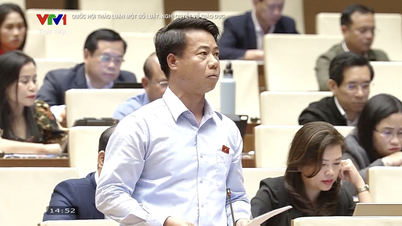



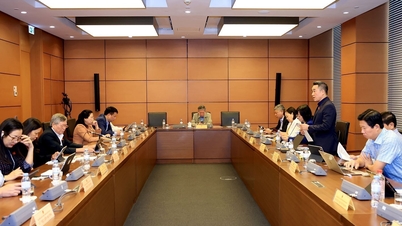

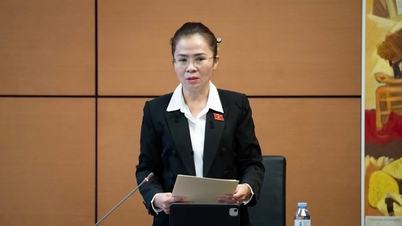

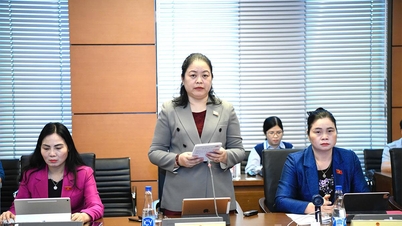

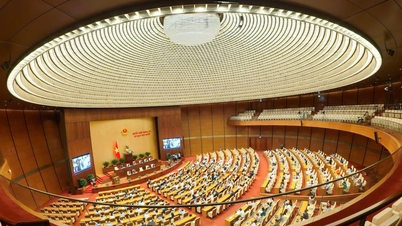



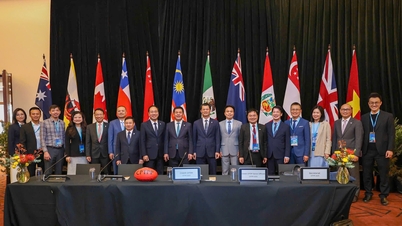
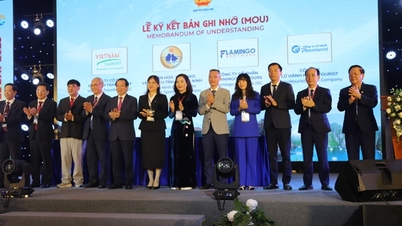

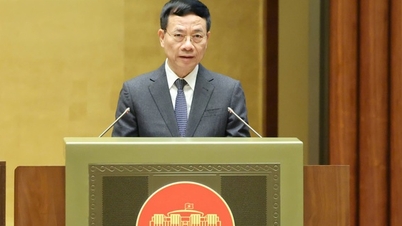
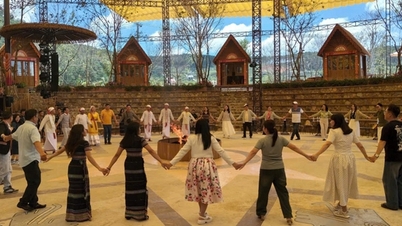





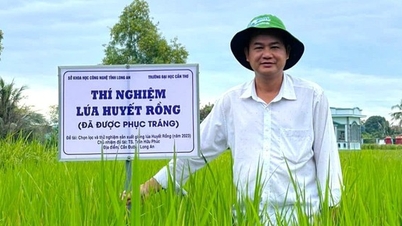
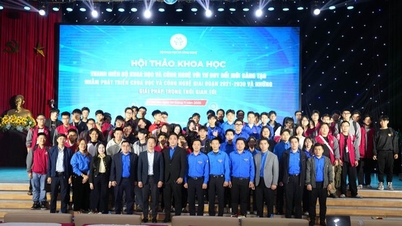
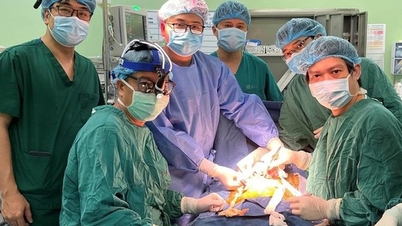
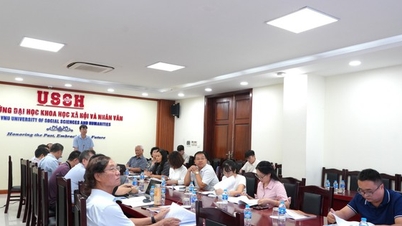
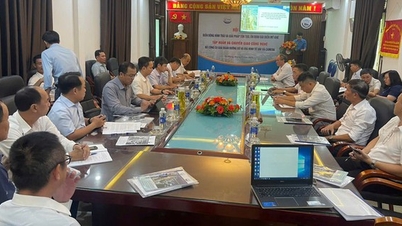
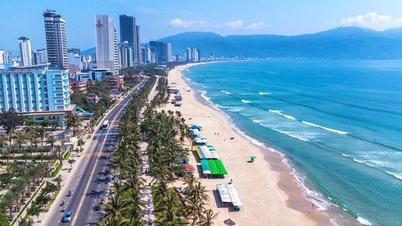





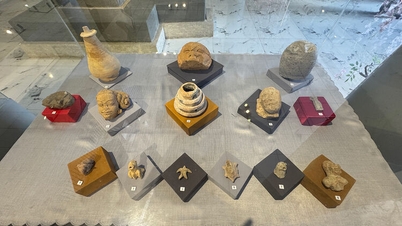



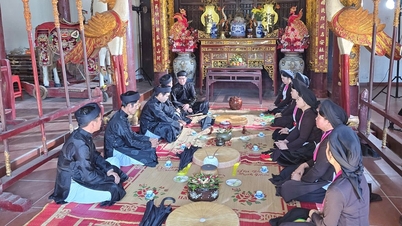



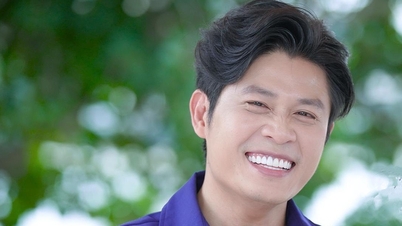

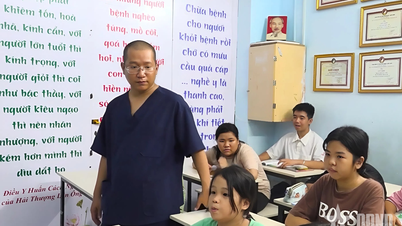

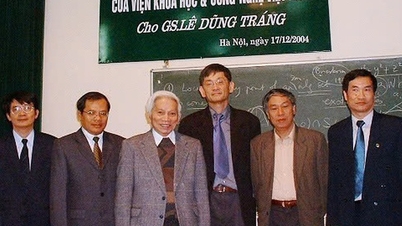

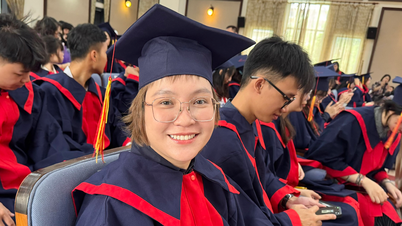
















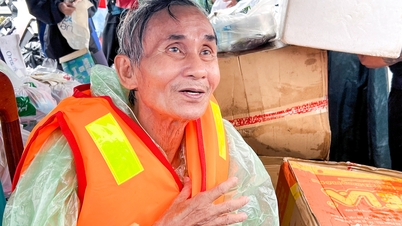
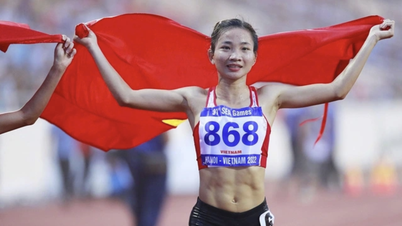

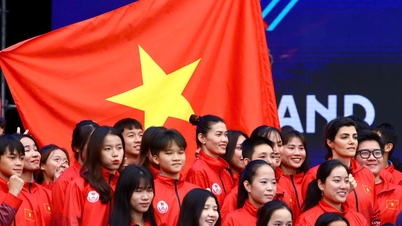

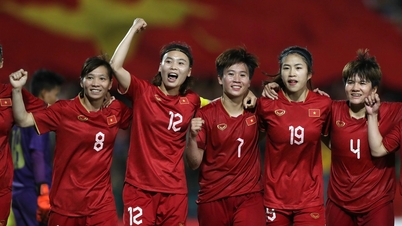

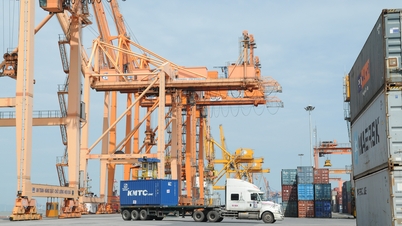



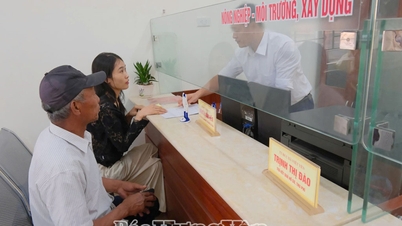

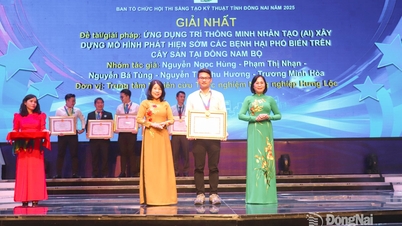

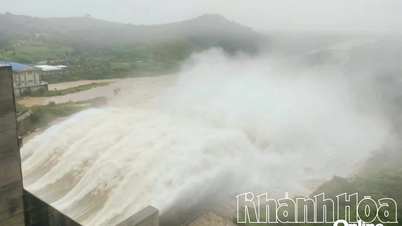


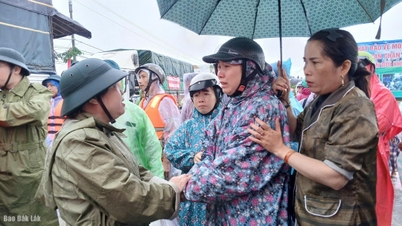

















Comment (0)